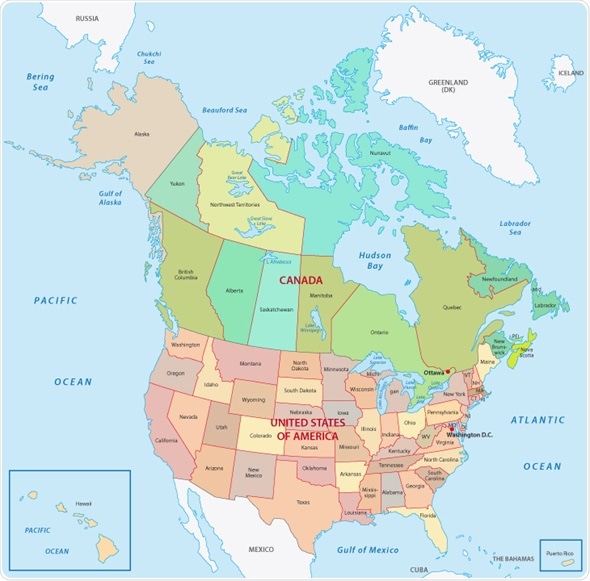For All The Latest Medical News, Health News, Research News, COVID-19 News, Dengue News, Glaucoma News, Diabetes News, Herb News, Phytochemical News, Cardiology News, Epigenetic News, Cancer News, Doctor News, Hospital News
Traveling is fun, but being exposed to communicable diseases is not so good. In addition to your personal risk of falling sick and missing out on enjoyable travel, you may bring back the infection to unvaccinated people in your own country and your own family.

Ways to ensure safe travel include:
Vaccines that are expected to be taken by all travelers include:
The MMR vaccine
The MMR vaccine protects travelers against catching mumps, measles, and rubella infections. If all travelers are vaccinated appropriately, this would prevent a huge proportion of infections from being brought back into the host country to affect other unvaccinated people.
Proper precautions include:
Other childhood vaccines
These are expected to have been routinely taken in childhood, and include:
Tourists and travelers in the North American region may also be advised to have:
Hepatitis A
To protect against jaundice transmitted through contaminated food or water, and taken as 2 doses 6 months apart. The disease may break out sporadically in any region of the world, even though the risk is low in many places in North America.
The following vaccines are recommended for some groups:
Hepatitis B
The hep B vaccine is recommended in the following cases:
Three doses are required, at 0, 1, and 6 months from the date of the first vaccination. An accelerated schedule is also possible in some cases. It is more than 90% effective. Most children in developed countries receive this vaccine in infancy.
Rabies
Rabies is not a major threat here, and the vaccine is recommended only if your work or sport may bring you in contact with bats and other mammals, which carry the virus in this region:
Three doses are required for pre-exposure prophylaxis, at 0, 7, and 21 (or 28) days from the first dose.